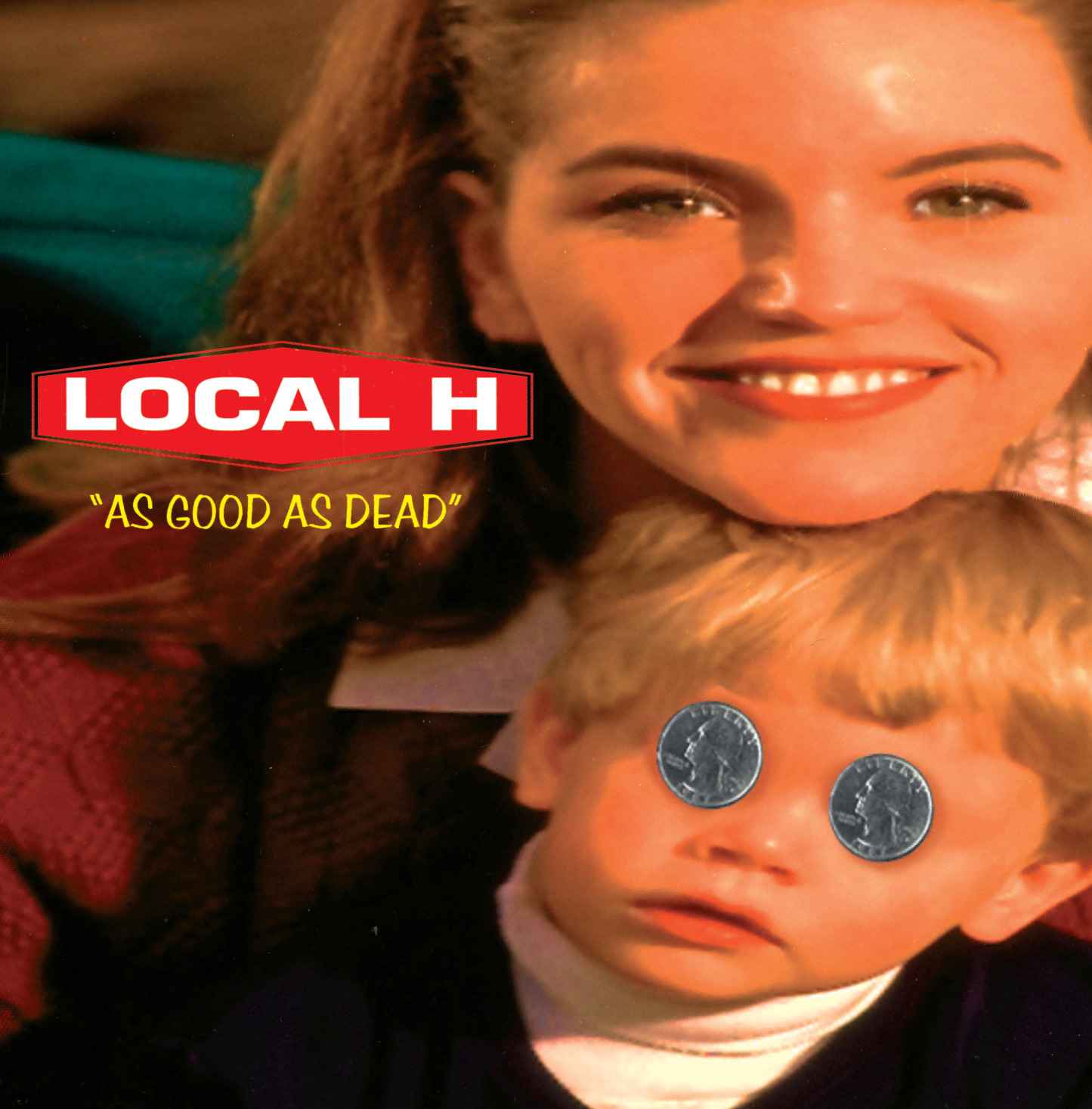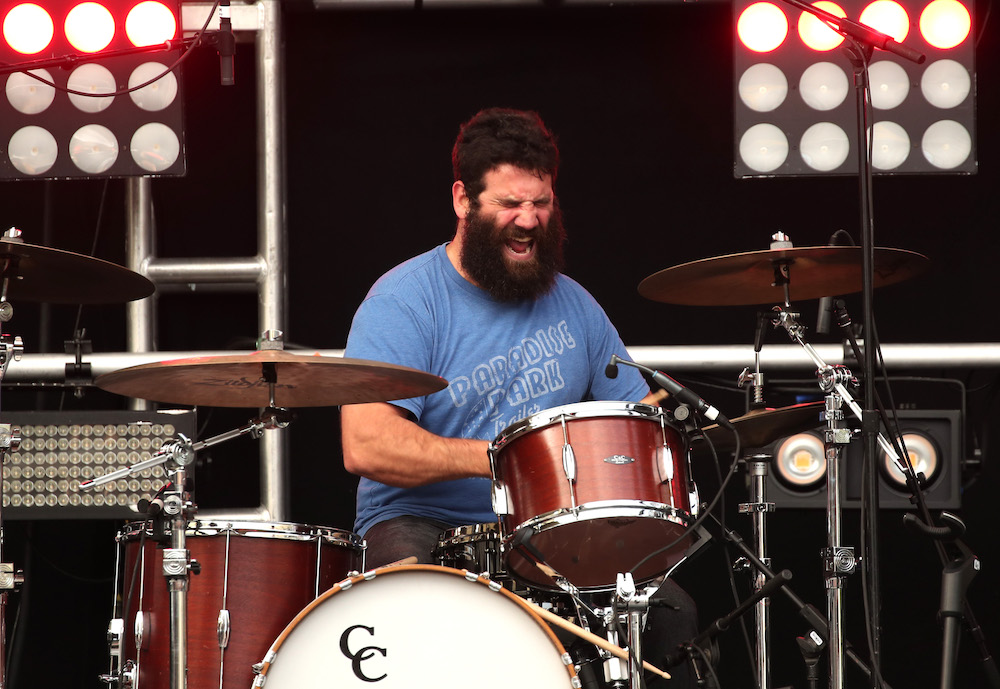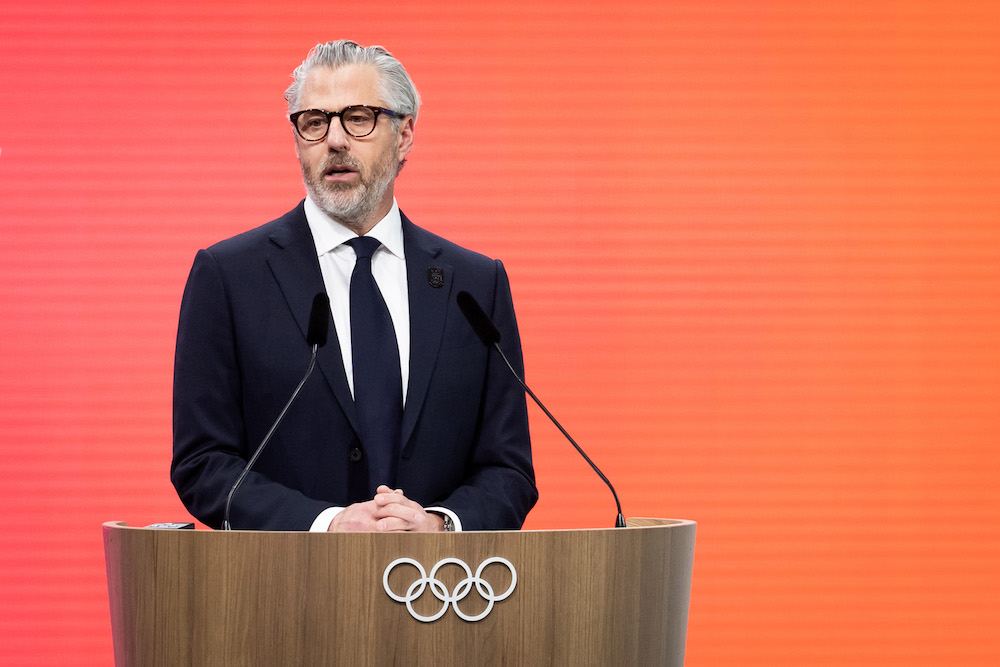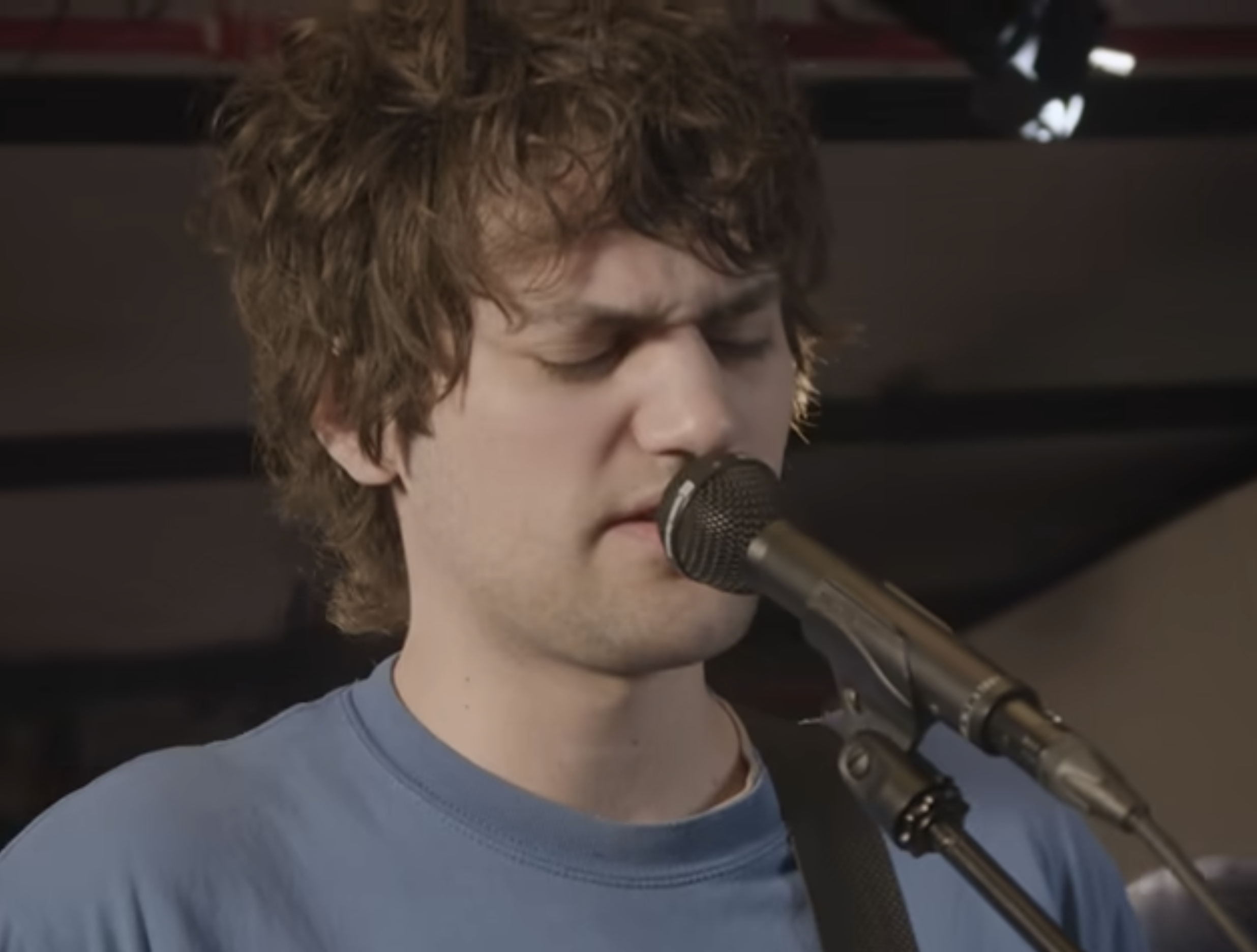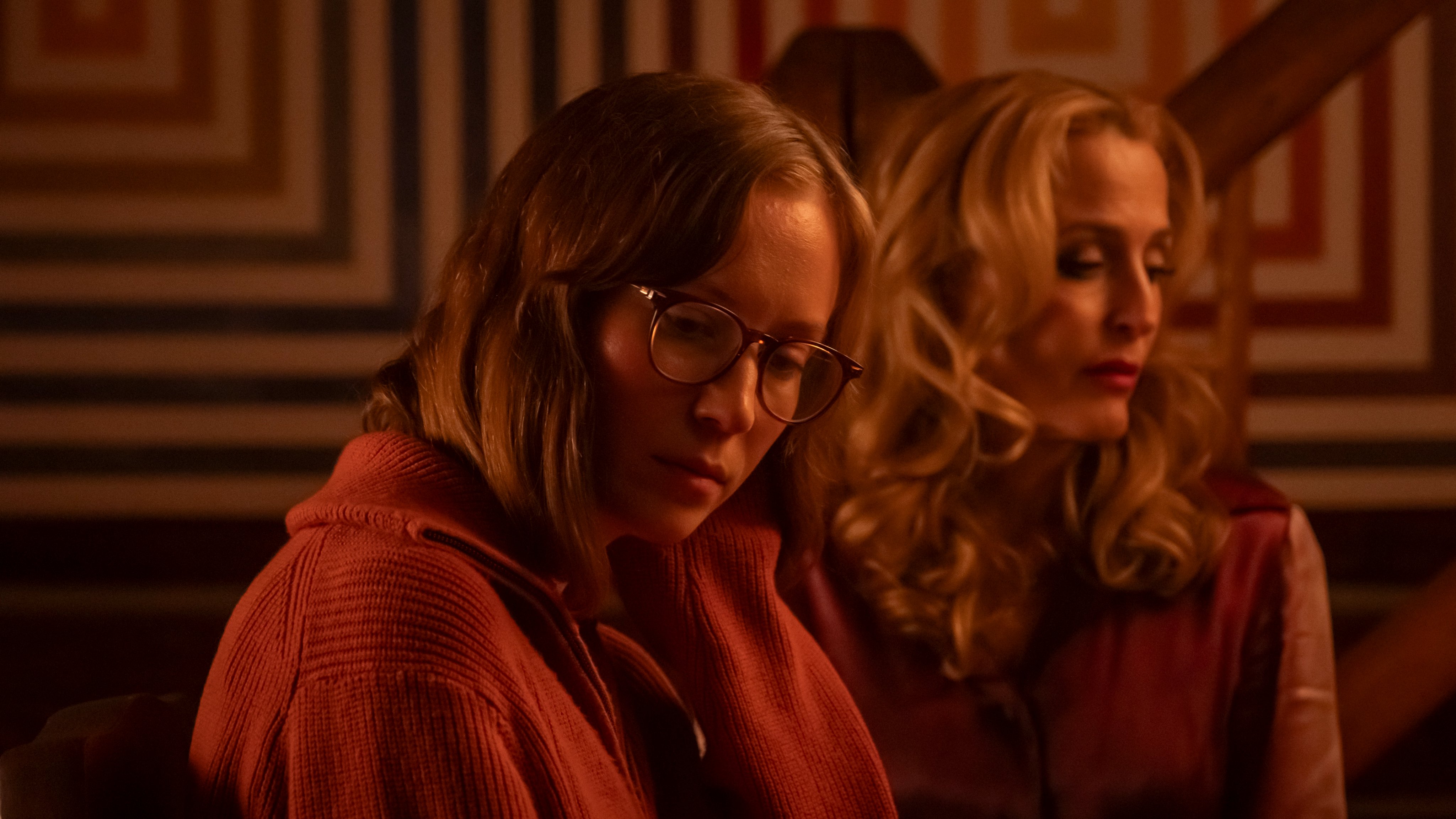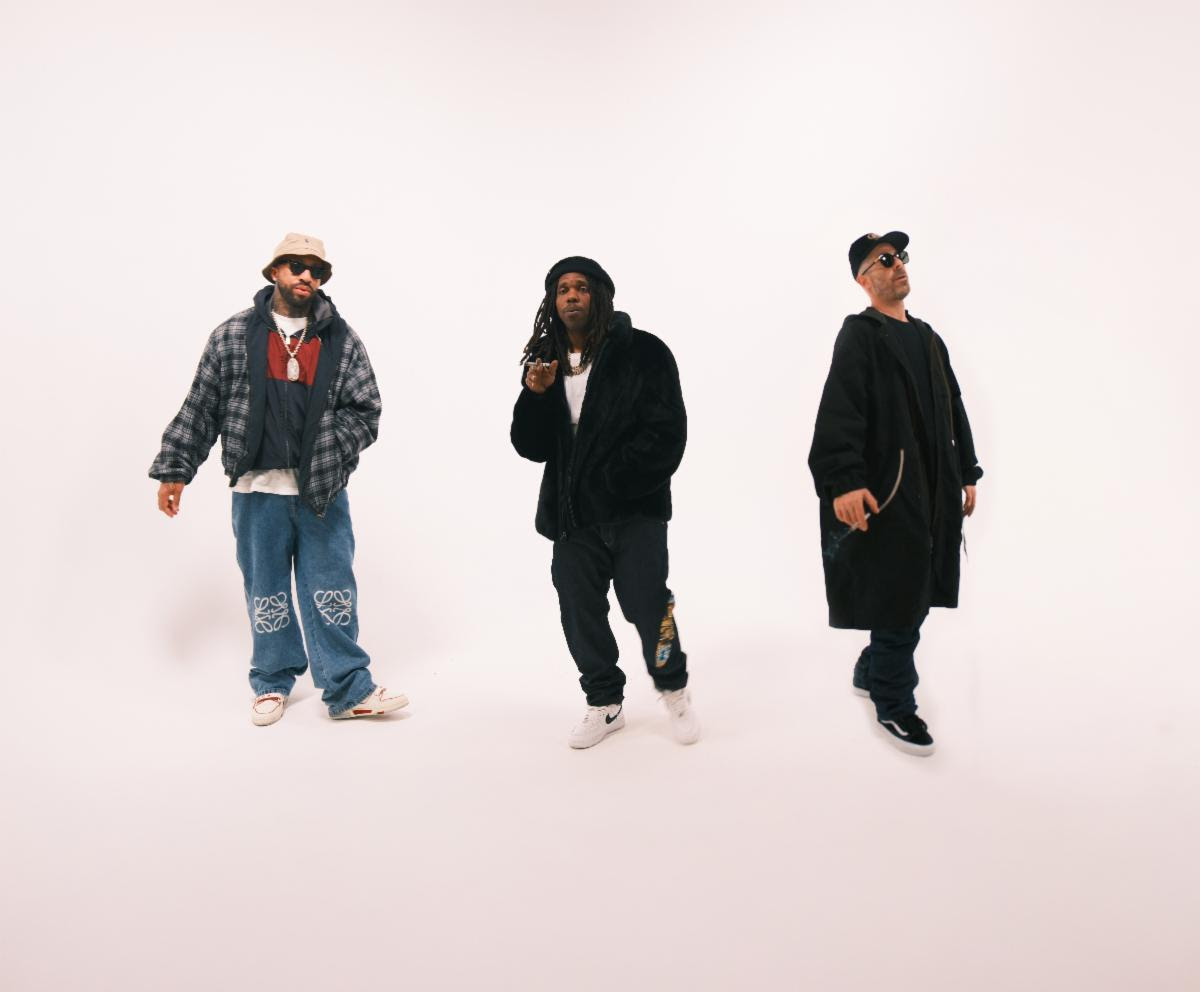Don Henley took the stand in a Manhattan courtroom this week to testify in a case against three memorabilia dealers who are charged with conspiring to possess and sell handwritten lyrics to "Hotel California" and other Eagles songs that were allegedly stolen decades ago.
In the case, prosecutors are arguing that author Ed Sanders, who was contracted to write a never-published biography of the band in the 1970s, sold roughly 100 pages of material handwritten by Henley on legal pads to a rare book dealer named Glenn Horowitz in 2005. Horowitz then provided the documents to Rock & Roll Hall Of Fame curator Craig Inciardi and collectibles dealer Edward Kosinski, who offered some of the pages up for auction in 2012. Sanders is not being charged in the suit, though Horowitz, Inciardi, and Kosinski are.
Henley's attorneys claim that the Eagles singer had them stored inside a barn on his farmland in Malibu, and that they were stolen by Sanders in the process of writing his book. When initially selling the papers, Sanders allegedly told Horowitz a number of different stories as to their provenance, including that he was mailed whatever papers he wanted from Henley's home by an assistant to the musician. Lawyers for the three defendants say that they cannot be convicted if it cannot be proven that the papers were in fact stolen.
Henley was questioned on Monday and Tuesday about his past drug use and his memories of the 1970s and '80s in an attempt to argue that he might not remember giving the handwritten lyrics to Sanders. He said that he was not a "drug-filled zombie" when asked about his cocaine usage. "If I was some sort of a drug-filled zombie, I couldn't have accomplished everything I accomplished before 1980 and after 1980," he said.
In an effort to stave off a potential line of questioning from the defense, prosecutors asked Henley about his arrest in 1980, which occurred shortly after the Eagles broke up, when authorities found a naked 16-year-old girl who had overdosed on drugs in his Los Angeles home. At the time, Henley pleaded no contest to a charge of contributing to the delinquency of a minor; he completed probation and paid a $2,500.
In court, Henley said that he had hired a sex worker to "escape the depression [he] was in" due to the band's break-up, and that he did not know her age until after the arrest. He maintained that they did not have sex, which he has said in past interviews. "I wanted to forget about everything that was happening with the band, and I made a poor decision which I regret to this day," he told the court. "I've had to live with it for 44 years. I'm still living with it today, in this courtroom. Poor decision."
At one point Henley discussed his creative process with Eagles co-founder Glenn Frey, who passed away in 2016 -- his handwritten notes are also on the documents. "I believe my property was stolen," Henley testified, going on to say that he would never have voluntarily parted with the sheets. A tape of a 1980 phone call between Henley and Sanders was played in court in which Henley said that he'd "try to dig through" his lyrics, though Henley said on the stand that "there is no tape or document anywhere where I say, 'Mr. Sanders, you're free to keep these items in perpetuity, and you're free to sell them.'"
Henley was also questioned about some of past litigation including his lawsuit against Duluth Trading Co. over their punny "don a henley" ad and his one against Frank Ocean for interpolating “Hotel California” on Nostalgia, Ultra. “I think we talked some sense into him,” Henley said about Ocean, who he once called "a talentless little prick." “He’d written new lyrics over the top of the melody. You can’t do that.”
The defendants opted to not have a jury in this trial, which means that it will be decided by the judge. The case is still ongoing.

